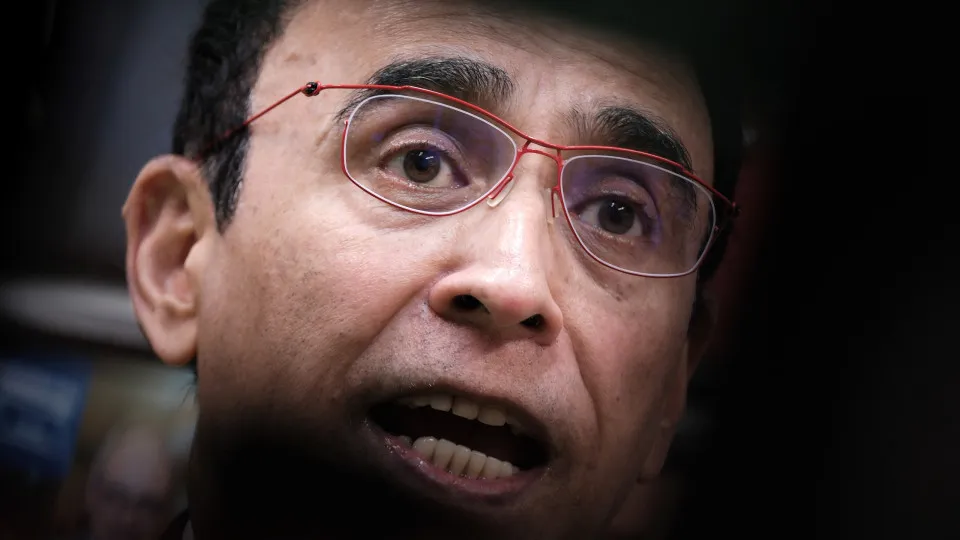
In June, three of the six gaming concessionaires operating in Macau — SJM, Galaxy, and Melco — informed authorities that they would cease operations at all their satellite casinos by December 31.
At that time, the Secretary for Administration and Justice, André Cheong Weng Chon, required the operators to ensure employment for the approximately 5,600 affected local workers.
André Cheong also vowed to “closely monitor the situation,” a promise that only temporarily reassures José Pereira Coutinho.
“Many workers [of the satellite casinos] are still unaware of where they will be placed,” while other employees have been assigned to roles vastly different from their previous positions, lamented the legislator.
Pereira Coutinho expressed concerns that, “in the medium to long term,” employees might be pressured “to resign because they cannot meet the demands” of the concessionaires.
The satellite casinos, under the jurisdiction of these concessionaires, are managed by other companies, a legacy from Portuguese administration that existed before the deregulation of gaming in the territory in 2002.
When casino regulations were revised in 2022, a deadline of the end of 2025 was set for terminating these gaming spaces’ operations.
Among the satellite casinos operating in Macau, nine belong to SJM, one to Galaxy, and another to Melco, which also operates six Mocha clubs — gaming machine rooms.
SJM has decided to attempt acquiring the properties of the hotels where two satellite casinos — Ponte 16 and Casino Royal Arc — are located and to request authorities for direct management of these spaces.
Meanwhile, Melco announced the closure of the Grand Dragon casino and three Mocha clubs, though it intends to operate three others “through the hiring of a management company.”
Additionally, Pereira Coutinho noted that requiring the concessionaires to provide employment for satellite casino workers could exacerbate unemployment among recent graduates.
“Many young graduates remain unemployed for years,” the legislator lamented.
Official data indicated that the unemployment rate among university degree holders was 3.3% in the second quarter of 2025, higher than the overall rate of 1.9% for Macau’s entire population.
Pereira Coutinho even claimed that “graduates from foreign universities [are] giving up on returning to the territory due to a lack of job opportunities.”
The legislator urged the government to implement “effective measures to reduce the number of non-resident workers in large companies, facilitating employment for young people and those in middle age.”
At the end of June, Macau had nearly 182,600 migrant workers, an increase of 1,475 from the same month in 2024, according to official data.




